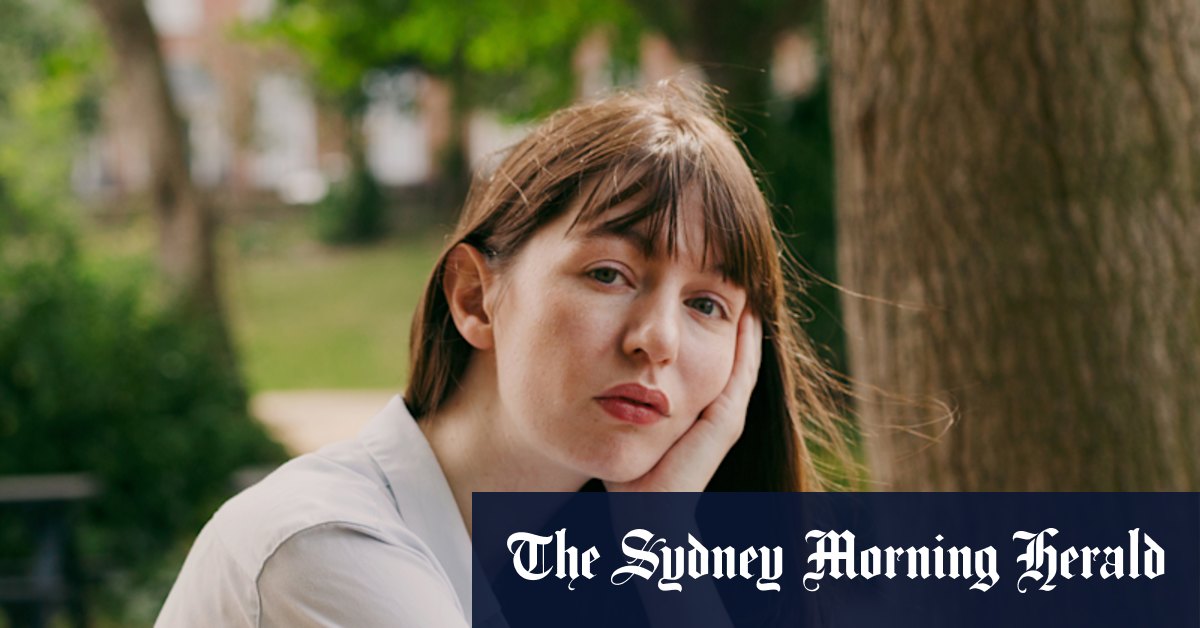
Sally Rooney and Her Bold Political Stand
Renowned Irish novelist Sally Rooney, celebrated for her works like Normal People and Conversations with Friends, has found herself in the center of a heated political debate. Rooney recently made headlines after vowing to financially support Palestine Action, a now-proscribed organization in the UK. Her bold stance comes amidst rising tensions and legal crackdowns on the group by the British government.
A Controversial Statement Sparks Debate
In an article published in the Irish Times, Rooney openly declared her intent to utilize proceeds from her book adaptations, broadcasted by the BBC, to support Palestine Action. This group was recently banned by the UK government due to alleged vandalism incidents, including a reported £7 million worth of damage to military aircraft at RAF Brize Norton.
Rooney defended her position, stating, “If this makes me a ‘supporter of terror’ under UK law, so be it.” The author criticized the British government, accusing it of stripping away basic rights and freedoms to safeguard its relationship with Israel. She argued that her actions are a form of peaceful dissent against what she describes as international human rights violations.
Palestine Action: A Divisive Entity
In July, the UK officially designated Palestine Action as a terrorist organization, placing it in the same category as al-Qaeda and ISIS. This designation means that public displays of support, such as wearing T-shirts or carrying placards, now carry severe legal consequences under UK law. According to official reports, over 700 people have been arrested in connection with the group since the ban, with dozens facing prosecution.
Supporters of Palestine Action argue that the organization’s activities are aimed at raising awareness of what they consider genocide in Palestine. However, critics view its actions as unlawful and disruptive.
Cultural Impact and Authors Facing Repercussions
Rooney emphasized the restrictive implications of these developments on artists and public figures. “An increasing number of artists and writers can no longer safely travel to Britain to speak in public,” she noted. Her statement raises larger concerns about the impact of government policies on freedom of speech and creative expression.
Rooney further highlighted the inconsistency in law enforcement, referencing murals in Belfast supporting loyalist paramilitaries that remain untouched, despite their violent histories. In contrast, peaceful expressions of support for Palestine Action result in harsh penalties.
Where Literature Meets Activism
Rooney’s decision to channel her book royalties into political causes shines a light on the intersection of literature and advocacy. If you’d like to explore Sally Rooney’s celebrated works, consider picking up her novel Normal People, now available on sites like Penguin Random House. Delving into the themes of her novel might offer further context to her outspoken political beliefs.
The Broader Conversation
Rooney’s actions have sparked a global conversation about the responsibilities and risks faced by public figures advocating for contentious political issues. While her critics argue that financial support for a banned group constitutes illegal activity, her supporters praise her bravery in standing for a cause she deeply believes in. Regardless of one’s stance, the debate draws attention to critical discussions on freedom, protest, and the role of art in shaping political discourse.



